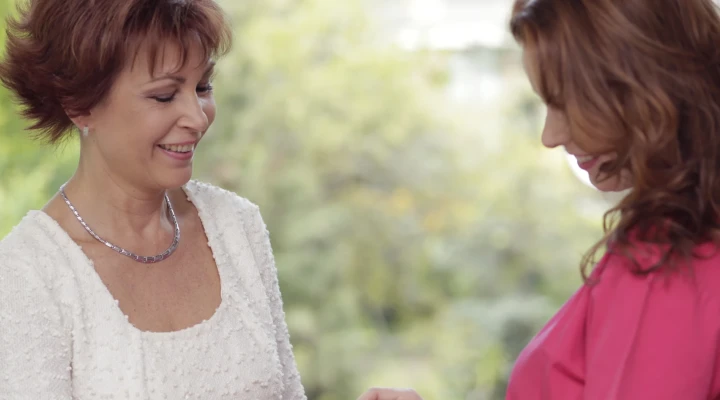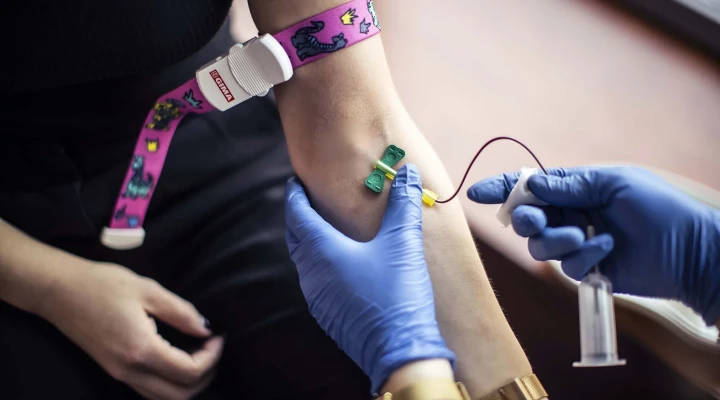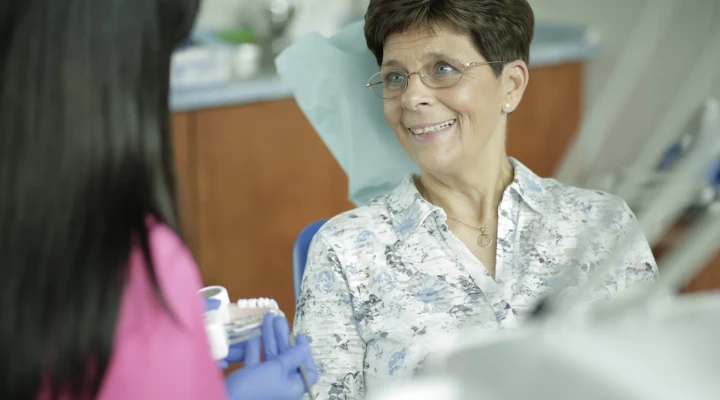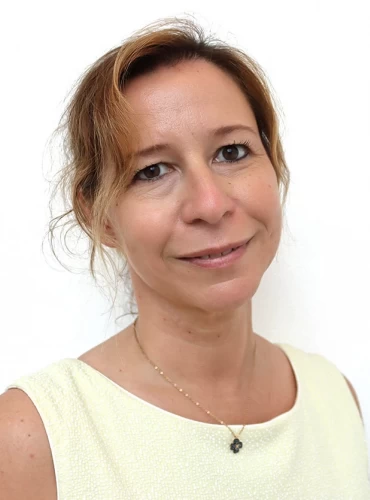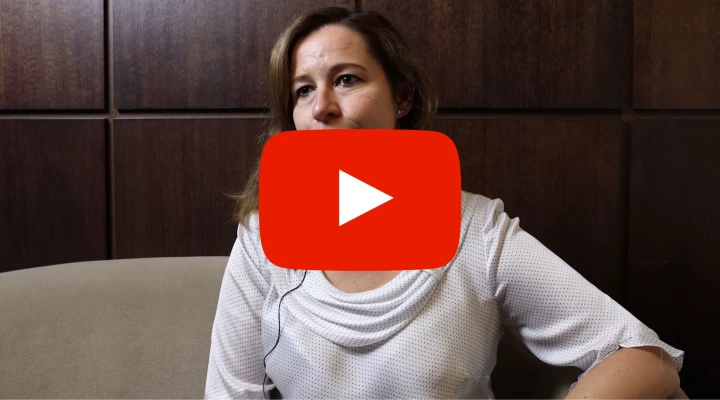The more I deal with the menopause, the more I think that when mothers speak to their adolescent daughters – about menstruation, sexuality, childbirth – they should also inform them that the new processes they are dealing with now will come to an end around the age of 45 or 50. Then, a completely new period will start that they should consciously prepare for.
In a completely honest and open way, we should draw their attention to the fact that the last third of their lives will only be happy and harmonious if they are able to successfully process this fundamental change in their lives. In addition to receiving basic factual information, it is also vital that this process is not unexpected, and that they don't come to see it as something unnatural. At the same time, women shouldn't think of it as a problem to be avoided, or to escape, but as something they have to face up to, to deal with. Because these are necessary, natural events, and the extent of our ability to adapt and be proactive means we are predestined to experience markedly different outcomes.
When I spoke to psychotherapist and psychiatrist Dr Irén Tóth about why women in the perimenopause and menopause stages come to see her, she listed various issues that result in feelings of stress, anxiety and fear. One regularly returning theme is a genuine fear of losing one's femininity, not to mention life-changing (life-draining) and novel phenomenons – such as developing a perfectly shapeless figure, hot flushes, irregular periods, entering hysterical mode – and the consequent anxiety about the negative effects all this can have on your personal relationships.
Dr Tóth believes that asking for assistance is in itself a big step. Knowledge is also key – understanding and trying to grasp the processes involved can help make things easier.
Eszter Kallós (E.K.): Are you able to tell us what exactly is going on in a person's head when their blood starts boiling at the most unexpected moment and they are completely unable to control their behavior, even though they used to have the patience of a saint? Or feeling that they could burst into tears every other minute in the run-up to getting their period?
Irén Tóth (I.T.): There are significant hormonal changes taking place at this time. Estrogen can drop suddenly, and in parallel you might experience mind-body-related symptoms that last for a shorter or longer period of time. These include a fear of aging, pronounced introspection, and the return of self-esteem issues: these problems are underpinned by fear and anxiety. In addition to mood swings, you may find yourself sweating more regularly, having trouble sleeping at night and also experience blotchy skin on your face. The more these symptoms bother you, the more you tend to focus on yourself, which in turn can cause your symptoms to worsen. If these issues are not treated, in the long term they can lead to a change in the way your serotonin and dopamine operate – this may necessitate temporary medicinal treatment.
E.K.: Everybody's situation is different, of course, but what can we say happens in general?
I.T.: At this time, depression and a feeling of panic shape the clinical picture, which is characterised by anxiety and fear. Medicinal treatment is only a temporary solution, and small doses of sedative and stress-relieving drugs are sufficient. Gynecologists also offer hormone replacement – when appropriate for the patient – and this usually elicits a good response. But generally speaking, I believe in natural remedies for relaxation and combating anxiety, vitamins, and above all making changes to your lifestyle.
And though we do lose something, namely the ability to reproduce, at the same time we are able to express our femininity in another form – we don't have to use contraception, we don't have to worry about an unwanted pregnancy, we don't have to take the pill: we can relate to each other in a more liberated way.
E.K.: It's interesting when a psychiatrist highlights the importance of lifestyle instead of explaining all the benefits of various medical interventions.
I.T.: Indeed – some changes occur in our lives where even if we have all the medical knowledge in the world, they can still be better treated by making smart, conscious and timely adjustments to our lifestyle. In my experience, exercise, significant alterations in your diet, meditation, relaxation and autogenic training can achieve long-lasting results. If you are able to identify and then properly apply these tools, you can construct the level of confidence needed to able to control the effects of these processes. This means that instead of experiencing them as some kind of disaster, you can see them as a natural part of life. This gives you a great chance of finding the 'golden path'. I often use the expression 'decatastrophizing', which describes the process of mapping out the options that could help to significantly reduce your symptoms. By looking at the options in terms of advantages and disadvantages, we should be able to significantly reduce symptoms and improve your general sense of well-being. Slowly, the symptoms will pass.
Patience and assistance from a partner really count for a lot. Don't forget that men can also experience the menopause! So offering each other due care and attention should be a mutual act. I also think it's important to conquer taboos in society, to be stronger in ourselves but also find acceptance in our local environment. We need to examine the options that can help us live our lives in a different way.
With the help and power of the community – if necessary supported by a psychotherapist, dietician or physiotherapist, in addition to the gynecologist and endocrinologist – this period can also be an uplifting one. And if you have a helpful, friendly team around you, make good use of them! By working together, staying positive, supporting each other and recognising both failures and success, we can more easily get through these difficult times.
E.K.: Yes! Good luck to us all! After all, this is also just a task, says my little feminist self, that a woman needs to be able to solve in life. Thank you, doctor!
Eszter Kallós
